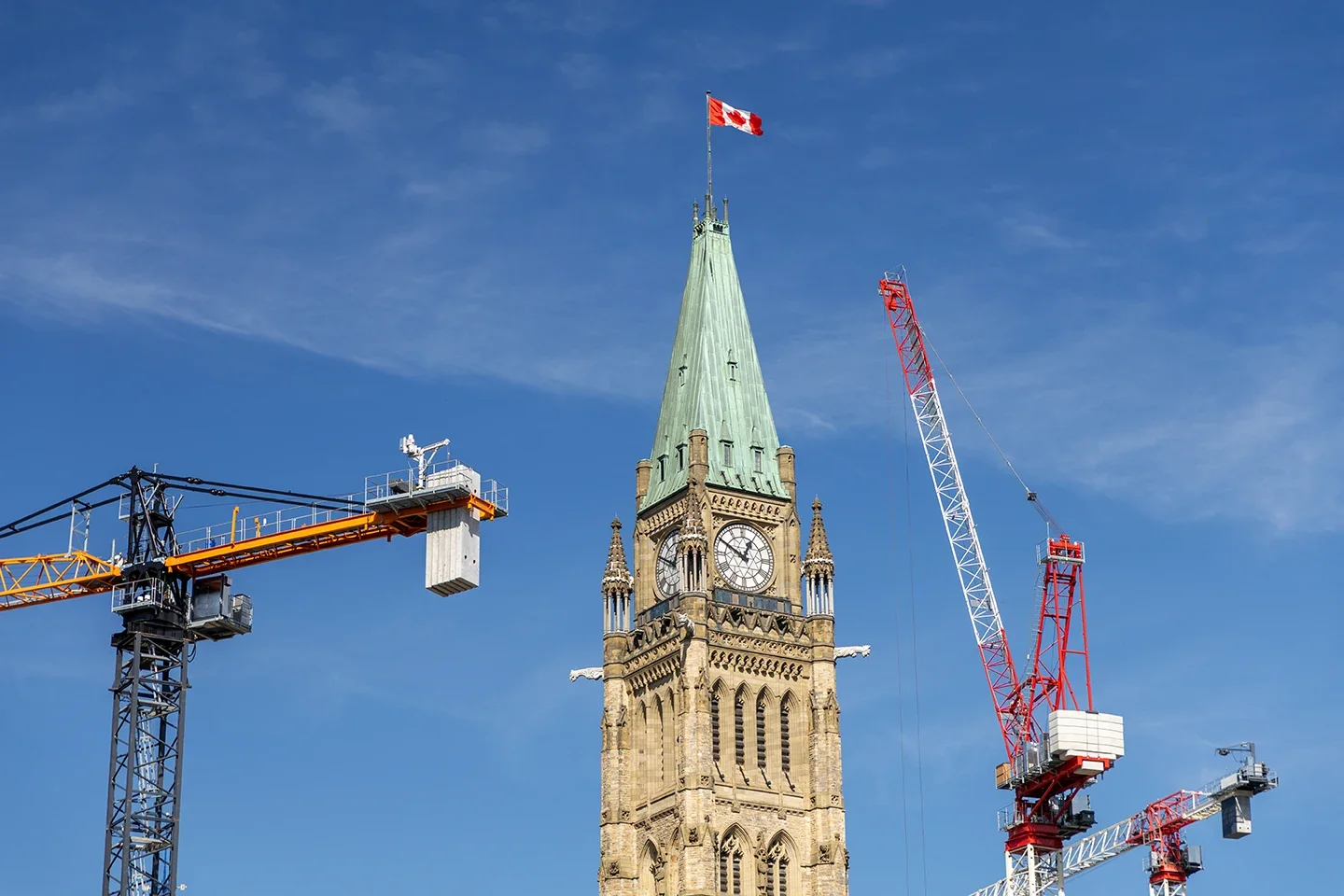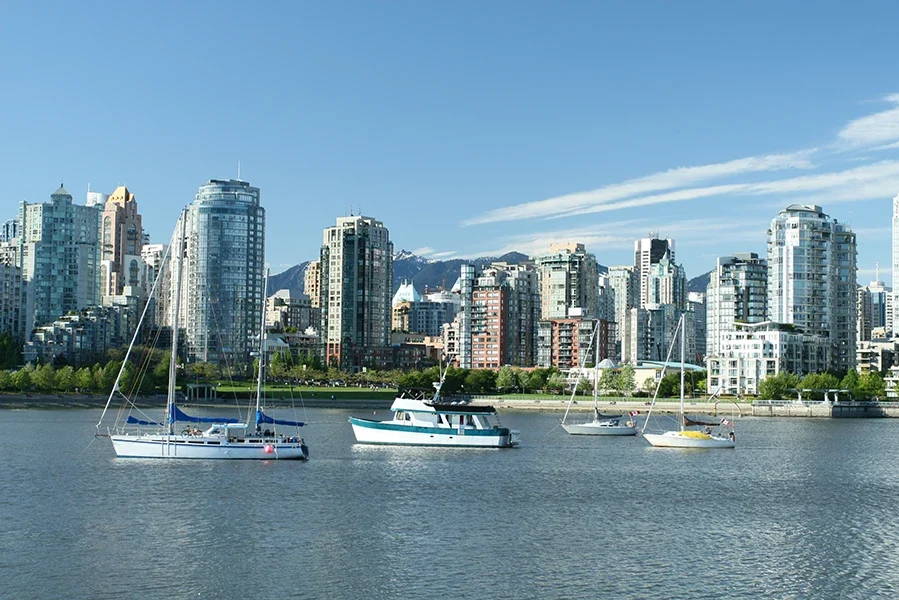A Homeowner’s Guide to BC Property Taxes
If you own a home in British Columbia, property taxes are something you’ll deal with every year. While they are a routine part of homeownership, many people are unclear about how these taxes work, when they are due, and how to pay them. Whether you're a first-time buyer or simply want a better understanding of the process, this guide will walk you through the key points so you can stay informed and avoid unnecessary penalties.
When Are Property Taxes Due in BC?
Property taxes in most BC municipalities are due by July 2 each year. This applies to major cities like Kelowna, Vancouver, Victoria, and many smaller communities as well, although there may be slight differences depending on your local municipality. It is always a good idea to confirm your specific deadline through your local city hall or municipal website.
If you are buying or selling a home partway through the year, the annual tax amount will be split between the buyer and the seller. This adjustment is handled by your lawyer or notary and is reflected in a document called the Statement of Adjustments.
Here is how the timing works:
If your purchase closes before July 2, the seller will credit you for their portion of the year’s taxes. Your legal representative will collect this amount and pass it along to you.
If your purchase closes after July 2, the seller will likely have already paid the taxes in full. In that case, you will reimburse the seller for your portion of the year’s taxes. Your lawyer or notary will ensure these funds are collected and paid out correctly.
This adjustment process helps ensure that both parties pay only their fair share based on how long they own the property that calendar year.
How Do You Pay Property Taxes?
Each year, you will receive a property tax notice from your municipality, usually sometime in May or June. This notice outlines the amount due, your property’s assessed value, and how to make a payment.
Here are the most common ways to pay:
Through online banking. You can log into your bank’s website or app and search for your city or municipality as a payee. Be sure to enter your roll number or tax account number exactly as shown on your assessment notice.
In person or by mail. You can pay directly at your city hall using debit, cheque, or cash, or send a cheque in the mail. Make sure it arrives before the deadline.
Pre-authorized payment plans. Some municipalities offer monthly installment plans that can help you budget more easily over the course of the year.
Through your mortgage lender. In some cases, your lender collects the property tax payments as part of your mortgage and pays the city on your behalf. This setup is more common with insured or high-ratio mortgages.
Are Property Taxes Included in Your Mortgage?
Not all homeowners have property taxes included in their mortgage payments. If your lender is collecting and managing these payments, it will be outlined in your mortgage commitment or lender agreement. Typically, the lender will estimate your property taxes, collect a portion each month, and make the payment to the city when due.
If your mortgage does not include property taxes, you are responsible for tracking and paying them directly each year. It is important not to assume they are included. If you are unsure, check your documents or contact your lender to confirm.
Programs That Can Help: Home Owner Grant and Tax Deferment
The Province of British Columbia offers two programs that can reduce or defer your property tax payment, depending on your situation.
The Home Owner Grant is available to homeowners who live in their property as their principal residence. The grant amount varies depending on where you live and whether you qualify as a senior, a person with a disability, or meet certain criteria. The home owner grant reduces the total amount of property tax you are required to pay.
The Property Tax Deferment Program allows eligible homeowners to defer their annual property taxes. You may qualify if you are over the age of 55, a surviving spouse, or someone with a disability. The deferred amount accrues interest and must be repaid in the future, but it can provide financial flexibility in the short term.
Both programs require annual applications, and they are managed through the BC government’s website. It is important to apply early to ensure your taxes are processed correctly before the deadline.
What Happens If You Miss the Deadline?
Missing the property tax deadline can result in immediate penalties and interest charges. Most municipalities add a late penalty as soon as July 3, and interest continues to accrue on unpaid balances. These costs can add up quickly, so it is essential to pay on time or apply for deferment or grants well in advance.
Final Thoughts
Understanding how property taxes work is a key part of responsible homeownership in British Columbia. By knowing the deadlines, understanding your payment options, and taking advantage of available programs, you can stay organized and avoid unnecessary costs.
If you are unsure whether your lender pays your taxes, need help accessing a grant, or want to explore deferment options, we’re here to help. Getting ahead of your property taxes is one of the simplest ways to protect your investment and maintain peace of mind.
Have questions about your property taxes or how they impact your mortgage? Reach out to the team at Cultivate + Evolve Financial.




Canada is entering 2026 with a steadier housing market, but ongoing uncertainty around rates, employment, and affordability. This outlook breaks down what we’re watching from the Bank of Canada, why bond yields still matter, and what major forecasters expect for home prices and sales this year.